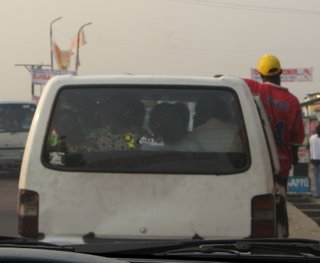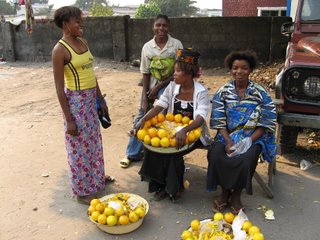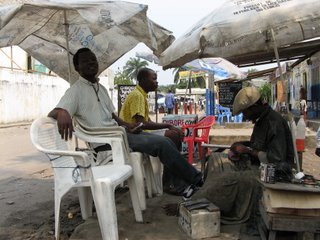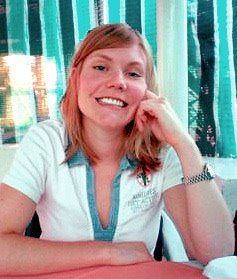Being in the Minority
For the last four weeks I have been taking French lessons at the Alliance Franco-Congolaise. Unfortunately, the school is located next door to a building that distributes unemployment payments to former "soldiers" that have agreed to lay down arms in exchange for these payments. They are often disabled and traumatized men. It is a current occurrence that the money the state provides for them goes missing before it can be distributed. They then gather outside the building and wait exactly where I park my car.
Today was such a day. In the past I have found a parking spot and been able to enter the school without incident. But today there were no parking spots. In an attempt to wait for a space one man stood in front of my car and then acted like I had hit him with my car. I had been warned this is a common practice elsewhere in Kinshasa and was not worried that I had hit him based on the smiles on other men's faces but of course this event enboldened the 100 or so men that were now enclosing my car. They started rapping on the windows with their fists. I honked my horn to draw attention to myself as many at the school know me and a police station is just down the street. No one, however, came to disperse the crowd. Instead of continuing to look for a space I left.
The experience was upsetting to say the least. I am not sure if I should have tried to find a place and parked to stand my ground or not. In the moment though I was too frusturated and scared to get out of my car. Of course, I am left with the quandry--can I go back and park there in the future without incident? I was planning on visiting the director of the school tonight to pay for my course so I will bring the incident up with him. Perhaps he will have a solution. I may not have learned any French this morning but I did learn what it feels like to be in the minority.





